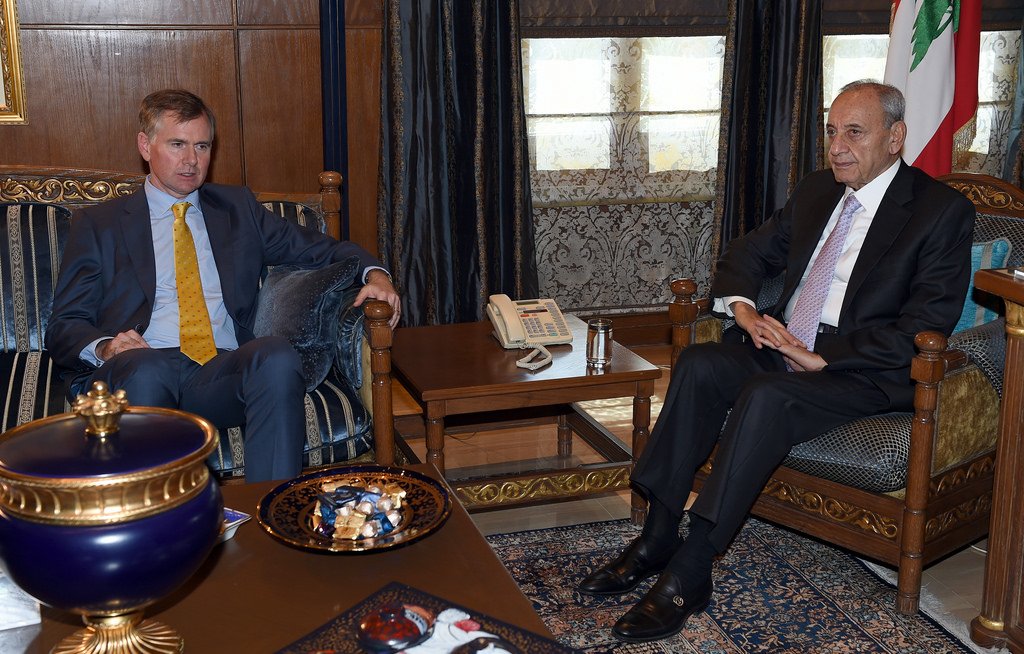Beirut – Efforts to draft a parliamentary electoral law have seen new developments, as the Progressive Socialist Party (PSP) announced on Wednesday its support to the adoption of the 1960 law, shifting from its previous stance on a hybrid law that combines both the proportional and winner-takes-all systems.
As the government awaits the return of President Michel Aoun from his Gulf tour to resolve the issue of the election law, Speaker Nabih Berri warned of “lack of time”, and expressed his concern over some parties’ insistence on resorting to the 1960 law during the spring elections.
The 1960 law, which has governed previous elections, is based on the winner-takes-all system.
Ministerial sources from the PSP said that at the current time, the 1960 law guarantees fair representation to the different factions without exceptions.
In remarks to Asharq Al-Awsat newspaper, the sources said that discussions over the drafting of a new electoral law were not brought to sufficient maturity.
“The implementation of a law that combines the hybrid and proportional systems would be difficult to achieve, which makes the 1960 law the most appropriate choice for the current time,” they added.
As soon as PSP leader MP Walid Jumblat stated his objection to a law solely based on proportional representation, different political parties rushed to reassure him.
A delegation from the so-called Hezbollah party visited Jumblat to offer its reassurances on the matter. The Lebanese Forces (LF) also announced on Tuesday its rejection to any law that does not receive the PSP leader’s consent.
In remarks during a televised interview, PSP media officer Rami Rayyes said that although his party supports the 1960 electoral law, it was still ready to discuss any of the proposed draft-laws, as long as it guarantees national partnership.
Meanwhile, British Ambassador to Beirut Hugo Shorter discussed with Berri the upcoming parliamentary elections.
In a statement issued following a meeting in Ain al-Tineh on Wednesday, Shorter said: “Whichever law they are held under, I hope that key technical reforms such as pre-printed ballot papers will be implemented to ensure modern, transparent elections. I also hope to see concrete measures to increase women’s participation in parliament, and I welcome Speaker Berri’s calls for a women’s quota in this regard.”
